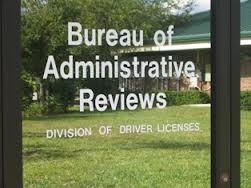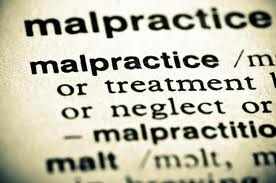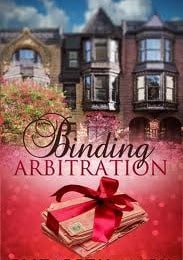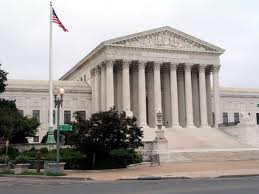Plaintiff brought an action against defendant, a lawyer, after defendant sent him a letter: “As you are aware, I have been retained to represent Media Print & Copy . We are in the process of uncovering the substantial fraud, conversion and breaches of contract that your client has committed on my client. . . . To […]
No Need To Exhaust Administrative Review Where Administrative Body Lacks Jurisdiction.
In City of Fillmore v. State Board of Equalization (Cal. App. Second Dist., Div. 3; April 20, 2011) 194 Cal.App.4th 716, [125 Cal.Rptr.3d 186, 2011 DJDAR 5641], the State Board of Equalization issued a decision in favor of plaintiffs (cities). After the time to appeal had passed, the City of Fillmore sought to appeal the decision and the […]
Attorney Disqualification May Be Impliedly Waived By Delay.
Where a party delays seeking to disqualify a lawyer representing an opposing party, they should act without unreasonable delay. Where the delay in bringing the Attorney Disqualification motion is extreme or unreasonable and the opposing party can show extreme prejudice, the court may deny the motion. Liberty National Enterprises LP v. Chicago Title Insurance Co. (Cal. App. […]
Rape Victim May Use Fictitious Name In Signing Verifications.
A Rape victim sued her perpetrator and his mother under a fictitious name alleging fraudulent transfers after she obtained a civil judgment. She verified discovery responses using the fictitious name and the trial court granted motions ordering further discovery responses, using her true name. The Court of Appeal reversed. Code Civ. Proc. §2015.5 requires that declarations […]
Arbitration Agreement May Not Delegate Issue Of Arbitrability To The Arbitrator.
In Chin v. Advance Fresh Concepts Franchise Corp. (Cal. App. Second Dist., Div. 4; April 20, 2011) 194 Cal.App.4th 704, [123 Cal.Rptr.3d 547, 2011 DJDAR 5595], an arbitration clause provided that the arbitrator, rather than the court, was to decide issues of arbitrability (delegation clause). But, even if such a clause is unconscionable, the court should nevertheless order arbitration […]
Contract Principles Determine Whether Parties Agreed To Binding Arbitration.
The Goffs were in a fee dispute with a law firm and offered binding arbitration. The law firm declined. Subsequently, the law firm changed its position and agreed to arbitrate, whereupon the Goffs withdrew their request for binding arbitration. The matter went to arbitration and the arbitrator ruled that the parties had agreed to binding arbitration. […]
Sanctions Properly Awarded Against Attorney Who Violated Order Precluding Him From Asking Certain Questions.
The court specifically instructed attorney Daniel Callahan not to inquire into a particular area. Callahan ignored the order and the court imposed $1,500 sanctions under Code of Civil Procedure section 177.5, for knowingly violating a court order. The Court of Appeal affirmed. If Callahan had not understood the court’s order, as he claimed, he should have […]
Order To Tax Costs On Appeal After A Remand Is Immediately Appealable.
On appeal, the Court of Appeal remanded the case to reduce damages and awarded appellant costs on appeal, including attorney fees. Appellant filed a cost bill in the trial court and the trial court only partially granted a motion to tax cost. That motion was immediately appealable as a post-judgment order and time to appeal did […]
Reviewing Opponent’s Privileged Documents May Lead To Attorney Disqualification.
Where law firm obtained opponents’ privileged documents which were protected by the attorney-client privilege and used these documents, the trial court properly disqualified the law firm. Where lawyers receive documents that are obviously privileged, they can only examine them to the extent necessary to determine the privileged character of the documents and immediately notify the sender that […]
Settlement Offers To Compromise Under Code of Civil Procedure Section 998, Must Conform To Statute.
Since 2006, the statute governing statutory offers to compromise (Code of Civil Procedure section 998) has provided that the offers include “a provision that allows the accepting party to indicate acceptance of the offer by signing a statement that the offer is accepted.” The language of the statute is mandatory and Puerta v. Torres (Cal. App. […]
- « Previous Page
- 1
- …
- 109
- 110
- 111
- 112
- 113
- …
- 165
- Next Page »








